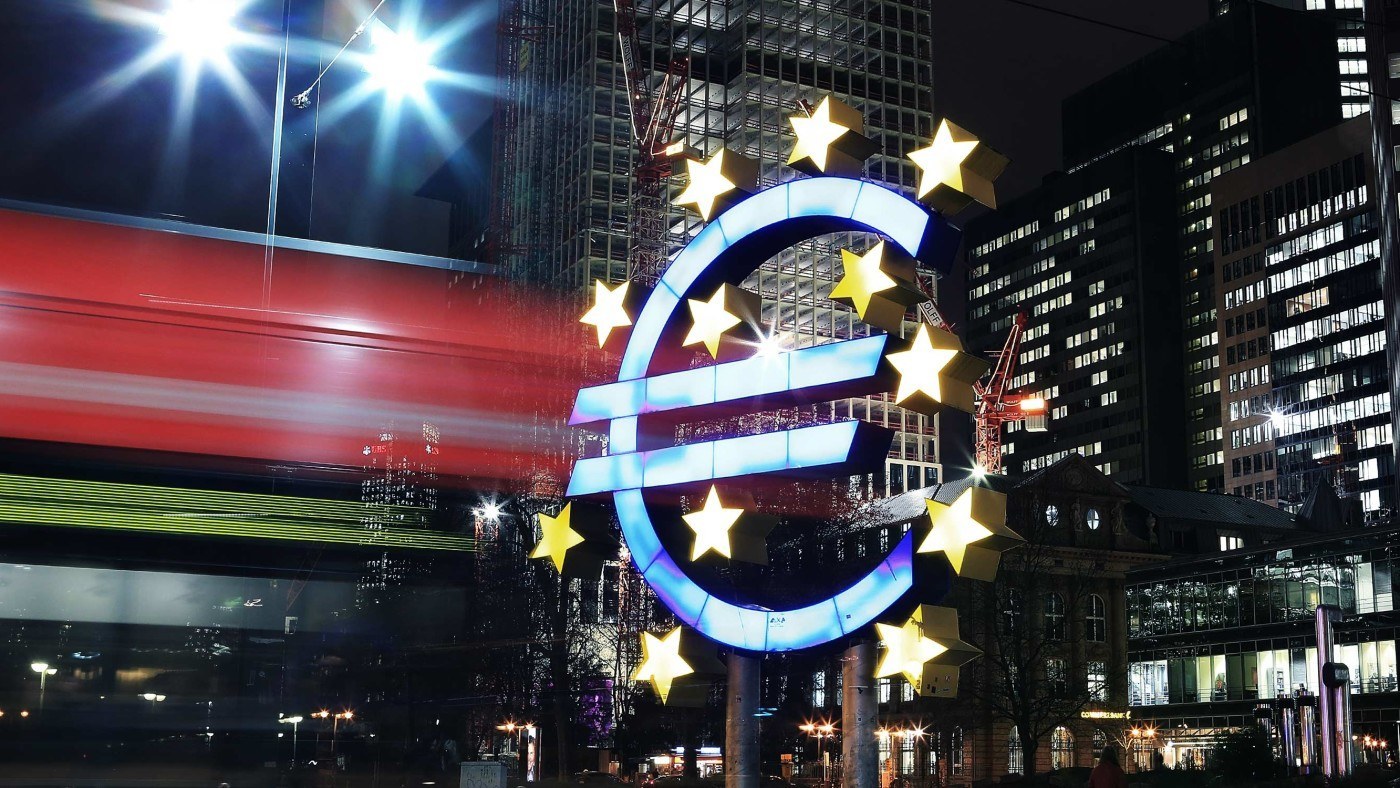Monetary doping – that is what Mario Draghi is dealing out to the European economy. One year ago, the European Central Bank (ECB) started quantitative easing (QE) under his leadership, in addition to the low interest policy that had already been in place for years. The result was to be expected: economic growth is disappointing. The stock markets dance to the unstable rhythm of Mario Draghi’s press releases and belief in central bankers is on the wane. There is an atmosphere of insecurity. The primary goal that Mario Draghi had set – increased consumer price inflation – has not been attained. However, he doesn’t appear to be adjusting his plans. On the contrary, in applying the principle of ‘when in trouble, double’, he decided last Thursday to steer towards even more monetary recklessness.
We are seeing an economic crisis because something is lacking on the side of demand. It’s the predominant reasoning we hear everyday, and always by the same economists. The rationale is familiar. Consumers are uncertain about the future and therefore do not spend enough. Goaded on by their fears, they are even – heaven forfend – trying to save something. Companies face a lack of demand and are hesitant to invest. And for that reason, the government ought to take action with lower interest rates, ultra-low rates, QE even. In order to increase consumption, the debt economy must be kept running.
Time for Helicopter Money?
The consequences are increasingly becoming clear. Savings no longer yield anything, and our pensions are at stake. Most economists, even Mario Draghi himself , do not deny these problems, but consider them temporary sacrifices that savers must make on the altar of economic recovery. In order to treat the disease, we need to accept a bit of financial headache; they are minor side effects of the monetary cure.
Those economists are wrong. This so-called ‘loss of demand’ is not due to people having suddenly and spontaneously ceased to spend money, but instead stems from our having stimulated our economy for years on end with interest rates that are far too low, in the Eurozone as well as in the United States. Does the solution of our debt problem equal its cause, i.e. continuously lowered interest rates? Highly unlikely.
Through the original sins of the Economic and Monetary Union, countries such as Greece, Spain, Portugal and Ireland were flooded with cheap money starting from 1990. In the U.S., the handing out of cheap money even was an intentional policy. An addiction to debt was the result. When Janet Yellen, the chairwoman of the American Central Bank carefully tried to tighten the bolts, there was a knee-jerk reaction on the stock exchanges. It remains to be seen whether she dares to persevere or will again choose to apply another round of stimulus.
And against the European tradition, Mario Draghi has also fallen prey to the American monetary plans. Kicking the habit of our global debt addiction is not an option for central bankers. Quite the opposite in fact, all hands have been called on deck to pump more money and debt into the economic system. All the preparations are being made for even more QE or worse: introduction of negative interest rates or unleashing so-called helicopter money.
A bubble in government bonds
Low interest rates are just a way of temporarily postponing problems. People who save less and spend more now are just consuming money they planned to spend in the future today. It’s living on credit, which is not spending more, just spending sooner. We are digging a new hole of debt in order to fill up a previous one. We do it time and again.
Meanwhile public and private debt in the OECD club has increased to 265 percent of GDP, 35 percent above the previous record in 2007. If getting into debt was the golden goose for producing economic growth, then shouldn’t we have put an end to poverty ages ago? But obviously it’s been to no avail.
Due to interest rates manipulated to remain low, every saver must become an investor, and they are being enticed into making bad investment decisions: think of the dotcom-bubble at the end of the 1990s, or the various real estate bubbles in the 2000s. Today, it appears a government bond bubble is in the works. The interest rates which must be paid by EU countries are at an all-time low, despite the precarious budget situation and the high debt rate that many countries continue to wrestle with.
Sustainable growth is achieved from saving, investing, labour and entrepreneurship. Consuming is the last step in this creation of prosperity. How can we start producing again? That should be the key question. Well, to begin with, the government should not spend more, but should scale down, so that private initiative regains its oxygen supply. We would be better off chipping away at public and private debts. We must deregulate and choose structural reforms in order to make our labour and manufacturing markets more flexible. And it wouldn’t hurt to see how we can improve the operations of our financial system. Or do we prefer to let Mario Draghi continue to toy with our future?


